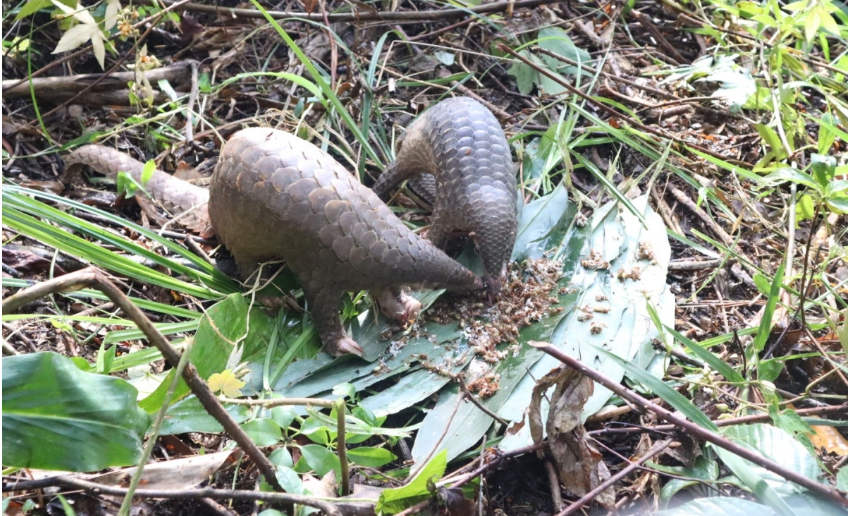Proper Nutrition for Dogs and Cats at Every Life Stage
Just like humans, dogs and cats need different types of nutrition at different stages of life. A growing puppy has very different needs compared to a senior dog, and the same goes for kittens and older cats. Providing the right food at the right time helps ensure a long, healthy, and happy life for your pet.
Here is a guide to understanding proper nutrition for dogs and cats from birth to their golden years.
1. Nutrition for Puppies and Kittens
This is the most rapid growth stage. Puppies and kittens require food that is high in protein, fat, vitamins, and minerals to support bone development, brain function, and strong immune systems.
• Choose high quality puppy or kitten food labeled for growth
• Feed small but frequent meals throughout the day
• Avoid giving adult pet food too early
• Always provide access to fresh water
At this stage, calcium, phosphorus, and omega three fatty acids are especially important for healthy bones and brain development.
2. Nutrition for Adult Dogs and Cats
Once pets reach adulthood, usually around one year old for most breeds, their growth slows down and their energy needs change.
• Switch to adult dog or cat food with balanced nutrition
• Maintain a consistent feeding schedule
• Monitor weight to avoid obesity
• Choose food based on activity level and size
Active pets may need more calories, while indoor or less active pets may require calorie control. Proper portion size is key to maintaining a healthy body condition.
3. Nutrition for Senior Dogs and Cats
As pets age, their metabolism slows down and they may develop health conditions like arthritis, kidney problems, or dental issues. Nutrition becomes even more important in supporting quality of life.
• Feed senior pet formulas that support joint health and digestion
• Choose food with moderate protein, lower fat, and added antioxidants
• Ensure the food is easy to chew and digest
• Consider supplements if recommended by a veterinarian
Regular vet checkups are essential to adjust your pet’s diet based on age related changes.
4. Special Dietary Needs
Some pets have special dietary needs at any life stage due to allergies, medical conditions, or sensitivities.
Common examples include
• Grain free or limited ingredient diets for food allergies
• Prescription diets for kidney or liver disease
• Weight management formulas for overweight pets
• High fiber diets for digestive issues
Always consult your veterinarian before switching to a special or therapeutic diet.
5. Human Foods to Avoid
Not all human foods are safe for pets. Some common items can be toxic and should always be avoided.
Unsafe for dogs and cats
• Chocolate
• Onions and garlic
• Grapes and raisins
• Alcohol
• Caffeine
• Cooked bones
• Fatty or salty foods
Even small amounts can be harmful. Always feed commercial pet food or veterinarian approved treats.
6. Tips for Healthy Feeding Habits
• Follow feeding guidelines based on your pet’s weight and age
• Do not overfeed treats
• Provide clean and fresh water at all times
• Avoid free feeding unless advised
• Monitor body weight regularly
• Use puzzle feeders or slow bowls to encourage mental stimulation
Conclusion
Feeding your dog or cat the right way at each life stage is one of the most important things you can do for their long term health. From energetic puppies and kittens to gentle seniors, their nutritional needs evolve with time. Paying attention to those needs helps prevent disease, supports development, and improves overall well being.
A healthy diet is the foundation of a healthy life. And your pet deserves the best at every age.
